OCCULT PHILOSOPHY
Through the Gates of Death - Dion Fortune
Offers a mystical and philosophical view on death and the afterlife. Drawing from esoteric traditions, she discusses what happens to the soul after death, the role of karma, and how spiritual consciousness evolves across lifetimes.
The Philosophy of Freedom - Rudolph Steiner
Explores the nature of free will, moral intuition, and individual responsibility. He argues that freedom is achieved not through external action but through self-aware, inner spiritual activity. The book bridges philosophy, psychology, and spiritual science.
Three Books of Occult Philosophy - Henry Cornelius Agrippa
Agrippa’s three-volume work discusses natural, celestial, and divine magic. Agrippa blends philosophy, astrology, alchemy, and Kabbalah to present a unified system of occult knowledge. His writings explore metaphysical ideas about the cosmos, the soul, and divine forces, deeply influencing later occultists.
GENERAL PHILOSOPHY
The Human Condition - Hannah Arendt
Arendt reflects on the nature of human existence and the different modes of human activity: labor, work, and action. She examines how these activities shape the political and social world, with a focus on how modern society diminishes the public realm and individual freedom.
Discipline and Punish - Michael Foucault
Examines the historical development of punishment and disciplinary systems in society. He explores how modern institutions like prisons, schools, and hospitals exert power through surveillance and control. Foucault presents a philosophical critique of power structures and argues that the shift from physical punishment to psychological discipline reflects deeper societal transformations.
Being And Time - Martin Heidegger
Heidegger’s Being and Time investigates the meaning of "being." Heidegger explores concepts like "Dasein" (human existence), time, authenticity, and the nature of death. His work challenges traditional metaphysics, focusing on the individual's experience of being-in-the-world as the key to understanding existence.
Phenomenology of Spirit - Georg Willhelm Friedrich
Explores the evolution of consciousness, from sensory perception to self-awareness, and ultimately to absolute knowledge. Hegel presents history as a dialectical process through which the spirit (Geist) unfolds and becomes aware of itself. The book has profound implications for philosophy, history, politics, and theology.








